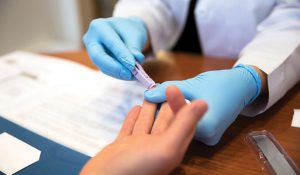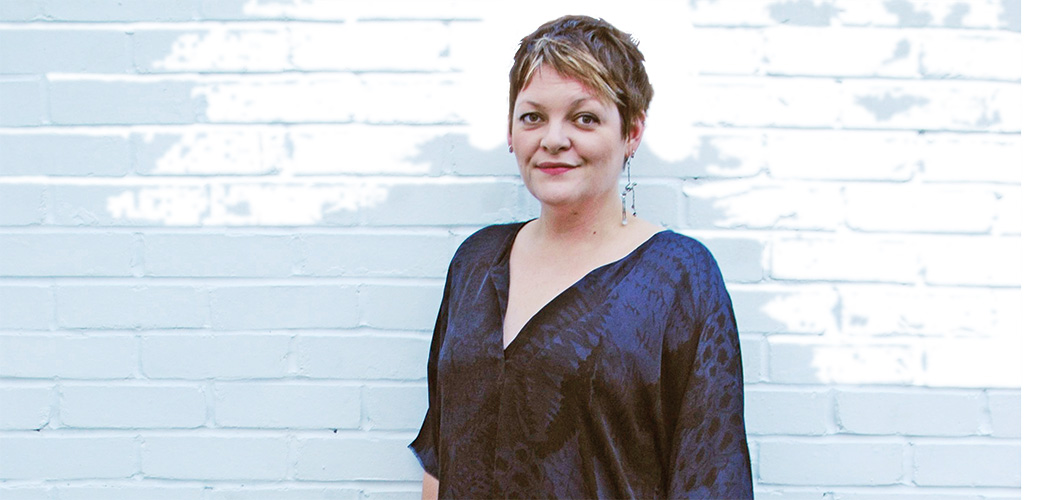Dear Dr Laura,
I’m 53 and I’ve been reading the Boyz Doc columns for over 20 years, but I’ve never been able to pluck up the courage to do an HIV test. That must seem mad to you, but I just don’t think I could cope with a positive result. I knew lots of people who died in the early years and I just got very frightened of knowing. I know there’s treatment and stuff but I just can’t pluck up the courage to test after all these years? Can you help me?
Trevor
Dear Trevor,
Well, you’ve plucked up the courage to write to Boyz magazine so that’s a start! I completely understand why you’d feel frightened – it must have been really tough losing friends. Thankfully it is now far less common for people with HIV to get sick from HIV-related, or AIDS, illnesses. What is it particularly that frightens you? Treatment? Getting sick? Waiting for the result? Telling friends? Family? Partners? You’re certainly not alone – although many gay men test very regularly, most attending sexual health services have not had a test in the previous 12 months, many for longer and for some it will be their first ever test.
You say you know there is treatment now but do you know just how effective modern treatment is? Do you know that once HIV is well controlled on treatment, someone with HIV has the same life expectancy as someone without? You are more likely to get sick if you are diagnosed with HIV at a late stage, with an already damaged immune system.
Do you know that once someone with HIV is on treatment with an undetectable level of virus in the blood there is ZERO risk of them transmitting HIV to their sexual partners? And treatment these days is so much easier – almost all treatments are once a day and rarely more than 3 pills. If someone gets side-effects there a lots of other options to switch too and almost everyone can find a combination to suit them.
Waiting for a result can be a nerve-wracking experience, but you can get a result within minutes at many sexual health clinics. If you’ve had a potential exposure to HIV within the last 3 months a traditional blood test may be a better choice but otherwise the ‘instant’ tests (also called ‘point of care’ tests) are just as reliable. If you tell the clinic you’re worried about testing they can provide additional support and advice – it may be that it takes more than one visit or discussion for you to feel ready to test but that’s what our services are there for. You may prefer take a friend along with you for moral support (or a post test G&T!).

Not everyone feels comfortable going to a sexual health clinic but there are plenty of other options. If you don’t want to wait for a result you can use a home testing kit – these are similar to the instant tests used in clinics. You might be eligible for a free one through the Terrence Higgins Trust at test.tht.org.uk/?ref=tht. Alternatively you can buy home test kits online or in High Street pharmacies (examples include Superdrug, Lloyds) or there’s a shop at the Mortimer Market Centre, where I work, that also has a website: freedoms-shop.com/
If you’re testing at home it’s sensible to do it during the day so, if you do get a reactive result (this means you probably do have HIV but the result will need confirming with another test), you can go to a clinic or call a support line for advice; Terrence Higgins Trust operate a helpline Monday to Friday from 10am – 8pm on 0808 802 1221.
The other type of home test is ‘home sampling’ where you collect the sample at home and then post it back to a laboratory for testing to get a result within a few days. There are several websites that provide services in different parts of the country including shl.uk/, sh24.org.uk/, test.hiv/where. Some clinics may offer their own home testing kits – a quick internet search will tell you. Other options include community testing (the Aidsmap website has a test finder function) and testing with your GP.
If you do test positive for HIV there are people who can support you. Many clinics will be able to provide extra support from specialised staff (such as health advisors, psychologists or specialist nurses), but this is where peer support in particular plays an essential role. Some clinics provide in-house support from people who are also living with HIV but any can refer or direct you to local services – Positively UK is a good starting point and their website it really informative. Talking to someone who has been through the process of testing and receiving a positive result can be invaluable and offer you a level of understanding that medical staff can’t. Many of the organisations I’ve mentioned will also be happy to talk to you and offer you support before you test. Peer groups and clinic staff can also give you advice about telling other people, if you wish to do so.
If you do have HIV, the other advantage of knowing is that you can access general health advice – people with HIV may be at higher risk of illnesses such as heart disease; HIV clinics can check your blood pressure and cholesterol levels and give you advice about smoking, alcohol and exercise.
Ultimately around 1 in 6 people with HIV in the UK don’t know they have it, so are more likely to pass the virus on to their sexual partners. Knowing your status means you, and your partners, can make the best decisions for your general health and your sexual health. You’re worried about not knowing and the only way to relieve that is to have a test…. you’ll feel far less worried once you do.
The Boyz Doc is Dr Laura Waters, an HIV and sexual health consultant at the Mortimer Market clinic in central London. Dr Laura answers your questions every week in Boyz. If you have a question for Dr Laura please email her at [email protected]














